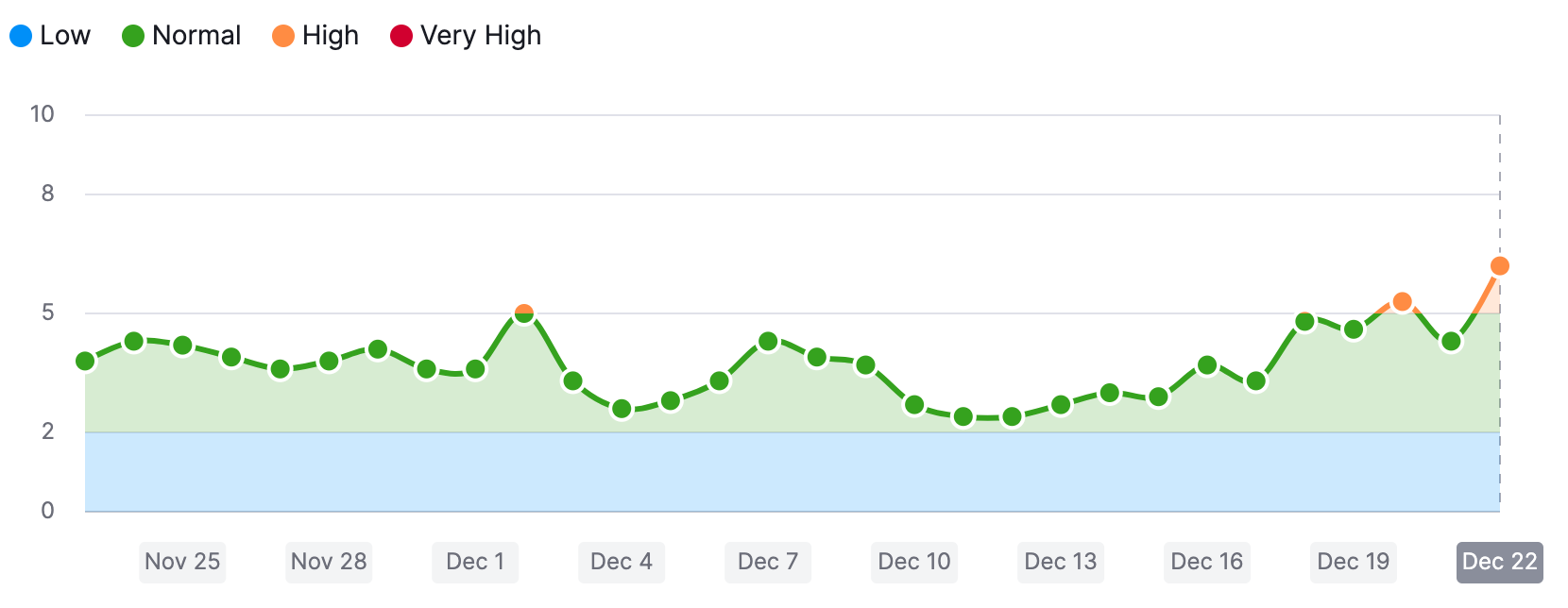
What is SEO
Search Engine Optimization (SEO) has emerged as a cornerstone of digital marketing, offering businesses a powerful way to increase their online visibility, attract more visitors, and ultimately drive growth. As consumers increasingly turn to search engines like Google to find products, services, and information, optimizing a website to rank higher in search results has become essential for competitive success. This article explores the importance of SEO as a form of marketing, its benefits, and how businesses can effectively implement it to achieve their marketing goals.
The Importance of SEO in Digital Marketing
SEO involves a set of strategies and techniques aimed at improving a website's ranking on search engine results pages (SERPs). The higher a site ranks, the more likely it is to be seen and visited by users. Given that most users rarely look beyond the first page of search results, achieving a top spot is crucial for attracting organic traffic. Unlike paid advertising, which requires ongoing investment, SEO focuses on organic search results, offering a more sustainable and cost-effective way to build online presence over time.
One of the key reasons SEO is so important in digital marketing is that it aligns with user behavior. Consumers use search engines to research and make purchasing decisions, often relying on the information they find online to guide their choices. By optimizing their websites for relevant keywords and phrases, businesses can ensure they appear in front of potential customers precisely when they are searching for what they offer. This targeted visibility can significantly enhance brand awareness, credibility, and ultimately, conversion rates.
Benefits of SEO as a Marketing Strategy
SEO offers numerous benefits as a marketing strategy, making it an invaluable tool for businesses of all sizes. First and foremost, SEO drives high-quality traffic to a website. Since users searching for specific keywords are often actively looking for related products or services, the traffic generated through SEO is more likely to convert into leads and sales compared to other marketing channels.
Another significant advantage of SEO is its cost-effectiveness. While SEO requires an initial investment in terms of time and resources, the long-term benefits often outweigh the costs. Unlike pay-per-click (PPC) advertising, which incurs costs for every click, organic traffic driven by SEO is free. This makes SEO a sustainable and scalable strategy, particularly for small businesses with limited marketing budgets.
SEO also enhances user experience (UX) and website usability. Search engines favor websites that provide a positive user experience, including fast load times, mobile friendliness, and easy navigation. By hiring an SEO Expert in Cork, businesses often improve the overall user experience, which can lead to higher engagement, lower bounce rates, and increased customer satisfaction.
Additionally, SEO builds brand credibility and trust. Websites that consistently appear at the top of search results are perceived as more trustworthy and authoritative by users. High search rankings signal to potential customers that a business is reputable and relevant, which can enhance brand perception and encourage user trust.
Implementing Effective SEO Strategies
Effective SEO requires a multifaceted approach, combining technical optimization, content creation, and strategic link-building. The first step is conducting thorough keyword research to identify the terms and phrases potential customers are using to search for related products or services. Tools like Google Keyword Planner, Ahrefs, and SEMrush can help businesses find relevant keywords with high search volume and low competition.
Once the target keywords are identified, businesses should focus on optimizing their website content and structure. This includes creating high-quality, informative content that incorporates the target keywords naturally and provides value to users. On-page SEO elements, such as meta titles, meta descriptions, header tags, and alt text for images, should also be optimized to improve search engine visibility.
Technical SEO is another critical aspect, involving the optimization of website infrastructure to ensure it is easily crawlable and indexable by search engines. Key technical elements include improving site speed, ensuring mobile compatibility, using secure HTTPS protocols, and creating an XML sitemap.
Link-building is a vital off-page SEO strategy, aimed at acquiring high-quality backlinks from reputable websites. Backlinks serve as endorsements from other sites, signaling to search engines that a website is trustworthy and authoritative. Businesses can build backlinks through strategies such as guest blogging, influencer outreach, and content marketing.
Measuring and Adapting SEO Efforts
Finally, measuring the effectiveness of SEO efforts is crucial for ongoing success. Tools like Google Analytics and Google Search Console provide valuable insights into website performance, traffic sources, and user behavior. By regularly monitoring these metrics, businesses can identify areas for improvement and adapt their strategies accordingly.
SEO is a dynamic and evolving field, with search engine algorithms continuously updating. Staying informed about the latest trends and best practices is essential for maintaining and improving search rankings. Regularly updating content, optimizing for new keywords, and adjusting technical aspects of the website can help businesses stay ahead of the competition and continue to reap the benefits of SEO.
SEO is a powerful and essential component of digital marketing, offering businesses a sustainable way to increase online visibility, attract high-quality traffic, and build brand credibility. By understanding the importance of SEO, implementing effective strategies, and continuously measuring and adapting efforts, businesses can unlock the full potential of search engine optimization. In an increasingly digital world, leveraging SEO is key to achieving long-term marketing success and staying competitive in the market.



